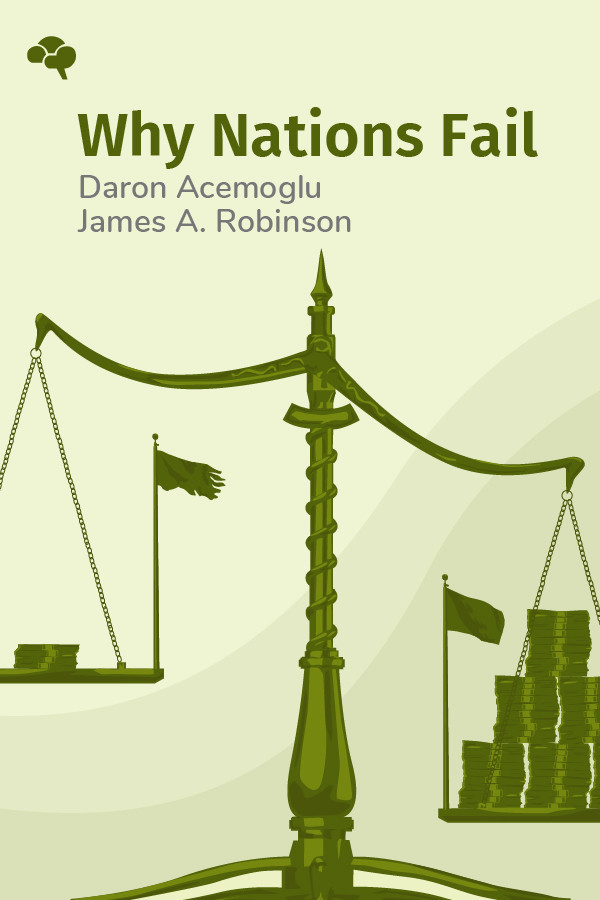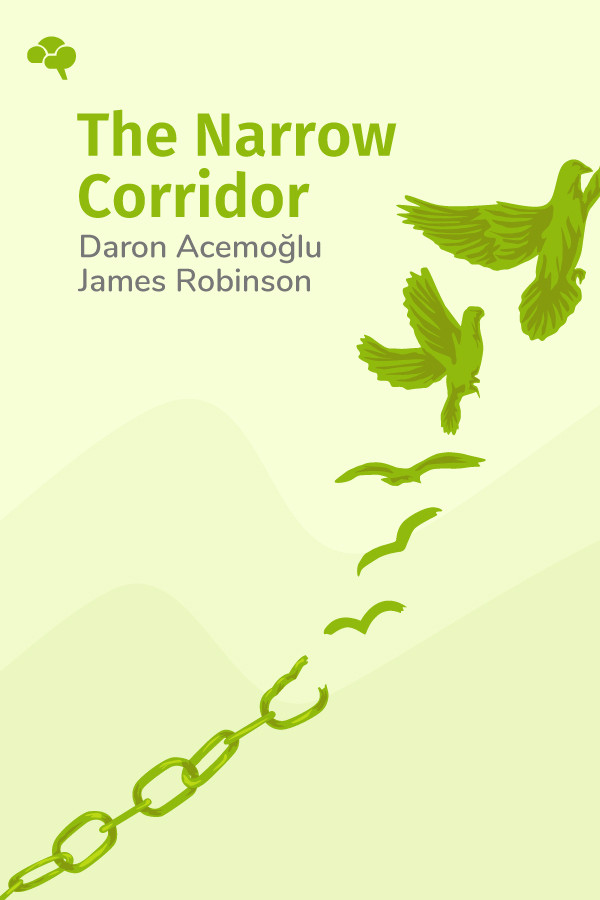Daron Acemoglu
Daron Acemoglu (born September 3, 1967) is a Turkish-born American economist who has taught at the Massachusetts Institute of Technology (MIT) since 1993. He is currently Elizabeth and James Killian Professor of Economics at MIT.
Born to educated Armenian parents in Istanbul, Acemoglu was educated in the UK and completed his PhD at the London School of Economics (LSE) at 25. He lectured at LSE for a year before joining the MIT. He was awarded the John Bates Clark Medal in 2005. Acemoglu is best known for his work on political economy. He has authored hundreds of papers, many of which are co-authored with his long-time collaborator James A. Robinson, a political scientist. With Robinson, he authored Economic Origins of Dictatorship and Democracy (2006) and Why Nations Fail (2012). The latter, an influential book on the role that institutions play in shaping nations' economic outcomes, prompted wide scholarly and media commentary. Described as a centrist, he believes in a regulated market economy. He regularly comments on political issues, economic inequality, and a variety of specific policies.
Acemoglu ranked third, behind Paul Krugman and Greg Mankiw, in the list of "Favorite Living Economists Under Age 60" in a 2011 survey among American economists. In 2015 he was named the most cited economist of the past 10 years per IDEAS/RePEc data.
Why Nations Fail: The Origins of Power, Prosperity, and Poverty
How do we make sense of the disparity between the rich and poor? Why do some nations prosper and others fail? Daron Acemoglu and James A. Robinson argue that the common explanations of geography, culture, and ignorance are all inadequate. The answer to the question of inequality is found in institutions. Some nations have political and economic institutions conducive to growth while others do not. Why Nations Fail tells us why popular hypotheses don’t work and why institutions are the true difference makers.
The Narrow Corridor: States, Societies, and the Fate of Liberty
Rome wasn’t built in a day, and neither is democracy. MIT professor Daron Acemoglu and University of Chicago professor James A. Robinson lead us down what they call “the narrow corridor,” a pathway and crucible through which a civilization or culture must pass if liberty is to be realized. Framing this narrow corridor is an excessively strong society on one side and an excessively strong state on the other. Too strong a society, and there’s anarchy; too strong a state, and there’s dictatorship. Liberty either unprotected or unprotected. Drawing from history and geopolitics, Acemoglu and Robinson show us why liberty is so tough to develop and hang on to.
Bio information sourced from Wikipedia


